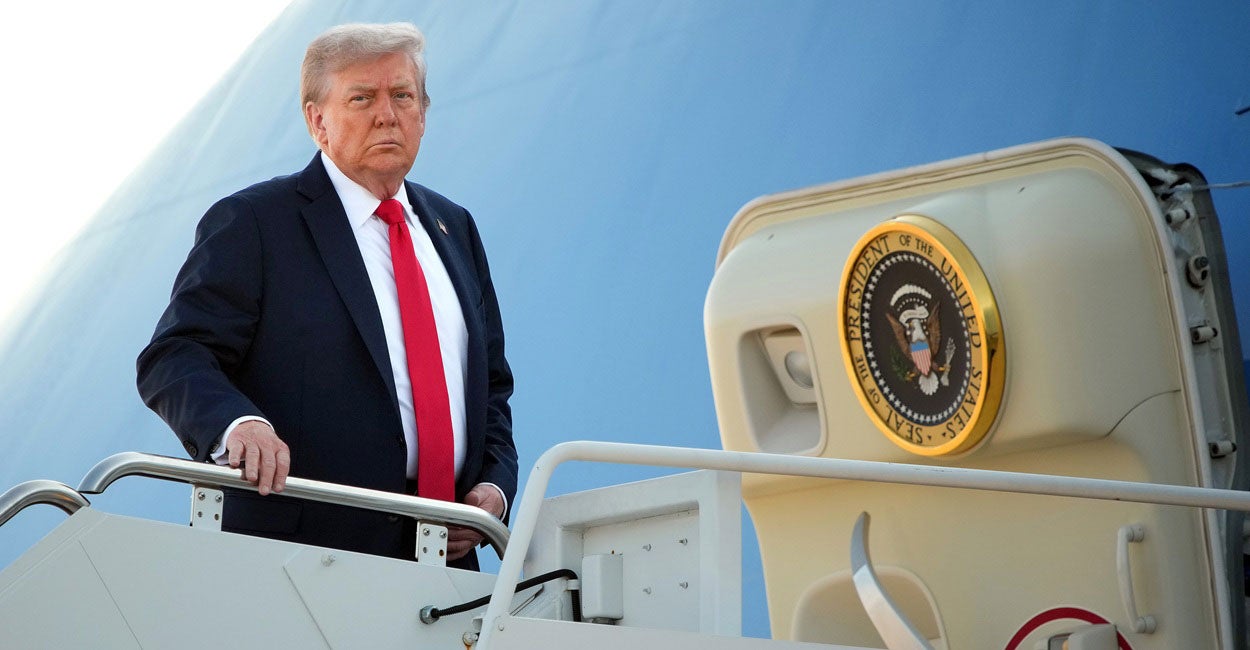Trump Hints at Marijuana Reclassification: Potential Boon for Business, But Health Concerns Loom

The possibility of a major shift in US marijuana policy is gaining traction as President Donald Trump recently confirmed his administration is exploring rescheduling cannabis. This potential move, which would classify marijuana as a less dangerous substance under federal law, could unlock significant economic opportunities, particularly in interstate commerce. However, experts are urging caution, highlighting potential health risks and the need for careful regulation.
The Potential Economic Impact
Currently, marijuana is classified as a Schedule I drug under federal law, placing it alongside substances like heroin. This classification severely restricts research, banking, and interstate trade. Rescheduling to a lower schedule, such as Schedule III (where barbiturates are classified), would dramatically alter this landscape.
A shift could pave the way for:
- Increased Investment: Easier access to banking services would attract significant investment into the cannabis industry.
- Interstate Commerce: Businesses could legally sell marijuana products across state lines, expanding markets and driving down prices.
- Job Creation: A burgeoning industry would generate numerous jobs in cultivation, processing, distribution, and retail.
- Tax Revenue: Increased legal sales would lead to higher tax revenues for both state and federal governments.
Health Concerns and Expert Warnings
While the economic benefits are enticing, health experts are raising concerns about the potential consequences of widespread marijuana legalization and increased accessibility. Key concerns include:
- Addiction: Regular marijuana use can lead to dependence and addiction, particularly among young people.
- Mental Health: Studies suggest a link between marijuana use and increased risk of mental health issues like anxiety, depression, and psychosis, especially in individuals with predispositions.
- Respiratory Problems: Smoking marijuana can damage the lungs and increase the risk of respiratory illnesses.
- Cognitive Impairment: Marijuana use can impair cognitive functions such as memory, attention, and decision-making.
- Driving Under the Influence: Impaired driving due to marijuana use remains a significant safety concern.
The Path Forward: Regulation is Key
Experts emphasize that if rescheduling occurs, robust regulations are crucial to mitigate potential health risks. These regulations could include:
- Age Restrictions: Limiting sales to adults over 21.
- Advertising Restrictions: Controlling how marijuana products are marketed to prevent targeting vulnerable populations.
- Product Testing: Mandating rigorous testing for potency and contaminants.
- Public Health Campaigns: Educating the public about the potential risks of marijuana use.
- Driving Under the Influence Laws: Strengthening laws and enforcement related to driving under the influence of marijuana.
Conclusion
President Trump's consideration of marijuana rescheduling presents a complex dilemma. While the potential economic benefits are undeniable, the potential health risks cannot be ignored. A carefully considered approach, prioritizing public health and safety through comprehensive regulations, is essential to navigate this evolving landscape and ensure that any policy changes benefit society as a whole. The debate will undoubtedly continue as the administration weighs the pros and cons of this significant policy shift.





:max_bytes(150000):strip_icc():focal(734x253:736x255)/Priscilla-Presley-tribute-Lisa-Marie-Presley-011325-tout-90d9367d8bfc4c868a06b42d393367fb.jpg)
